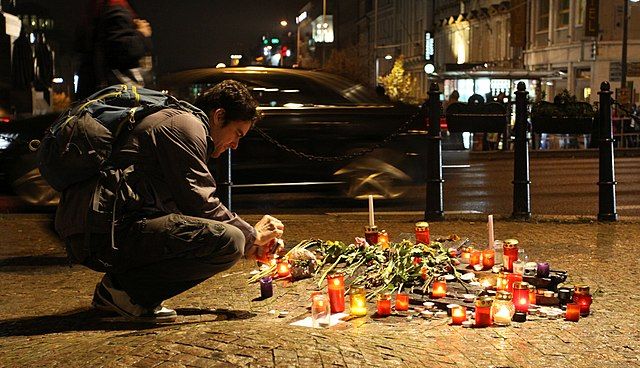
哲學博士生,專長為意識哲學。有鑒追求靈性生活的香港人愈來愈多,惜坊間謬說流行,學院又鮮予重視,誠覺一憾。遂立志融會靈性與知性,助人探索精神世界之各處幽微。
Continuing the legacy of the martyrs

[Thinking of Water Lane] Father Tomáš Halík was a former classmate of Palach and was active in the underground church at that time. Looking back on his life, the reason why he decided to take a secret order and risked serving the church that was not seeing the light of the sun was when Palach set himself on fire.
He believed that Palach's death not only rewritten Czech politics, but also recast the Czech spirit. Although the impact was not immediate, after all, it deeply touched the conscience of some citizens, including Hari himself.
After the tragedy, he was determined to stay in his home country, and he sacrificed his life in a way different from Palach. He felt that life was no longer just for himself and his family. Presides over the underground church as a priest, that is, his answer to Palach's exam questions.
The scholar Jiřina Šiklová, who quit the Communist Party after the Soviet invasion and lost her university job, has since secretly written articles for underground circulation. Asked what inspired Palach's death, he believed that in any community there is always something worth dying for. Even today, those who survived are obliged to remember Palach's feat and delve into its symbolic meaning.
When I first wrote about Palach, some passing readers felt uncomfortable, presumably thinking that I was inciting others to set themselves on fire. However, let's not say that Palakh is a martyr whom the Czech Republic publicly mourns. Since someone is willing to sacrifice bravely and cry for the silent majority, isn't it worth the survivors to remember everything he did? Shouldn't we work harder to spread the word, so that everyone has the opportunity to reflect on the legacy of the martyrs?
Like my work?
Don't forget to support or like, so I know you are with me..
Comment…